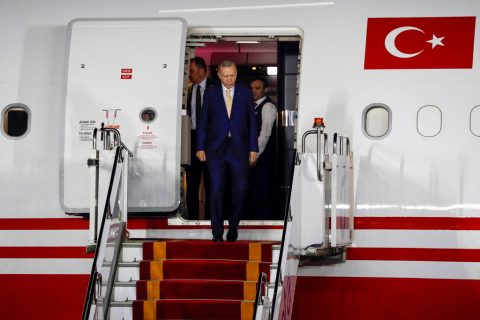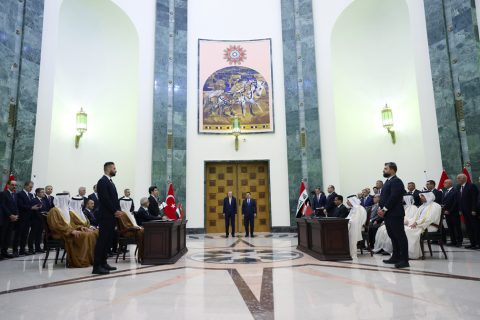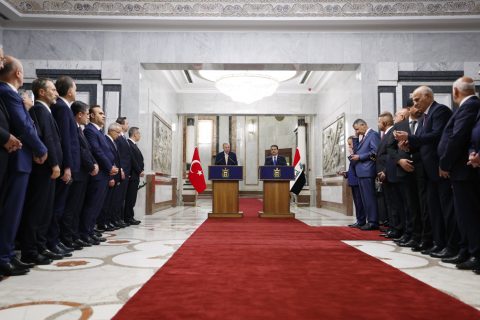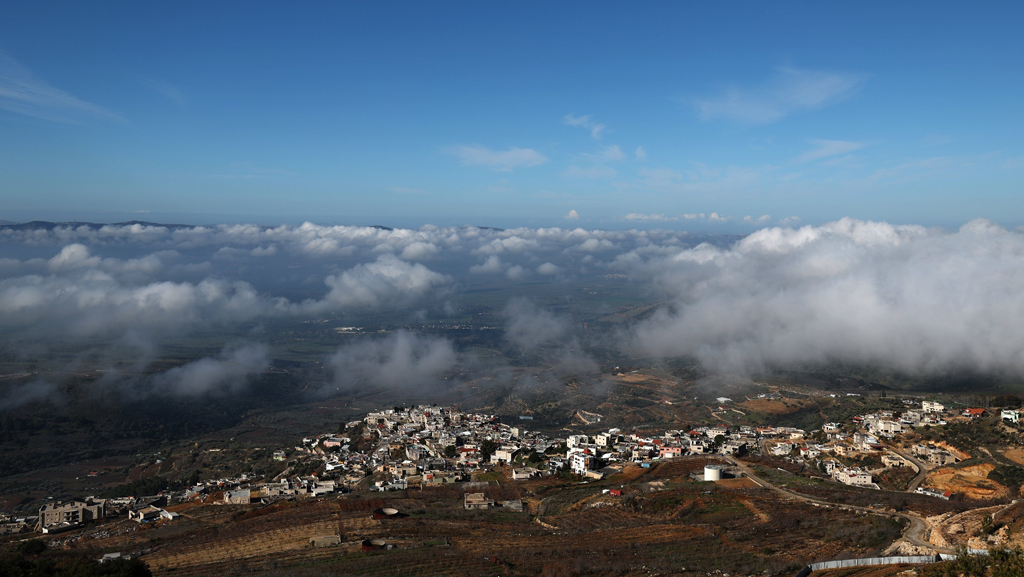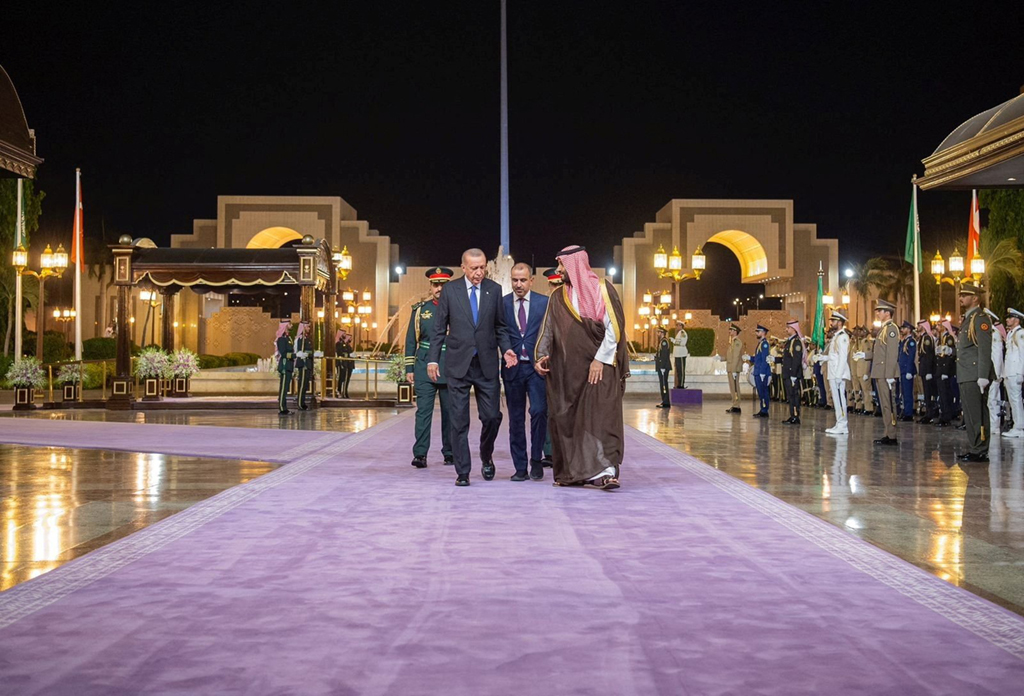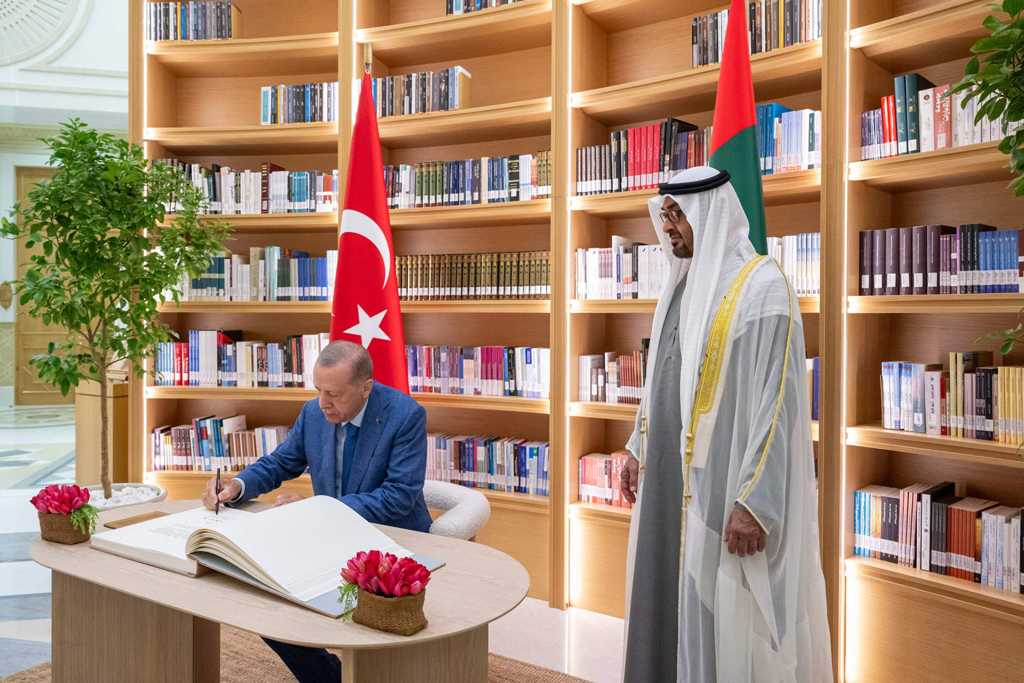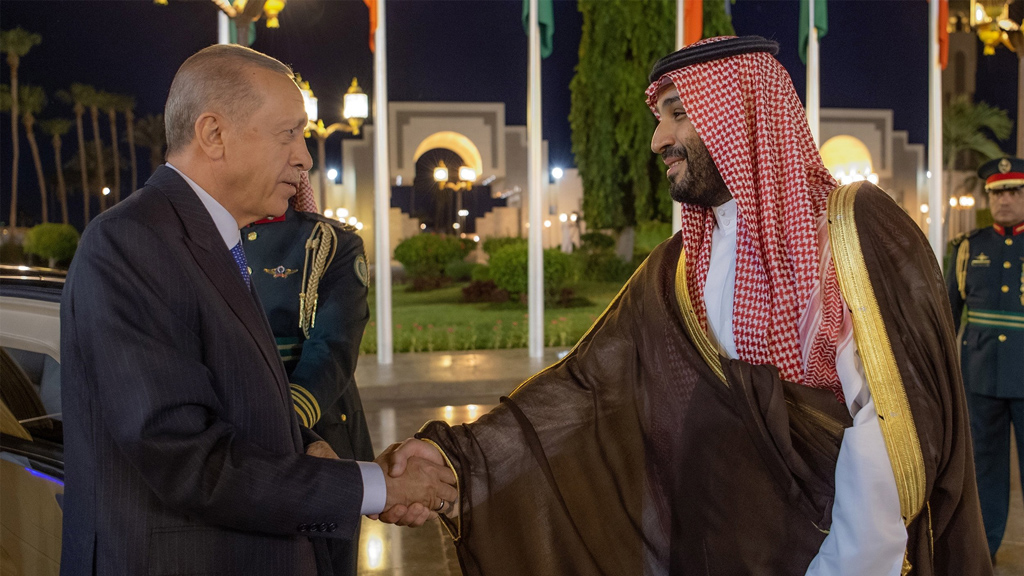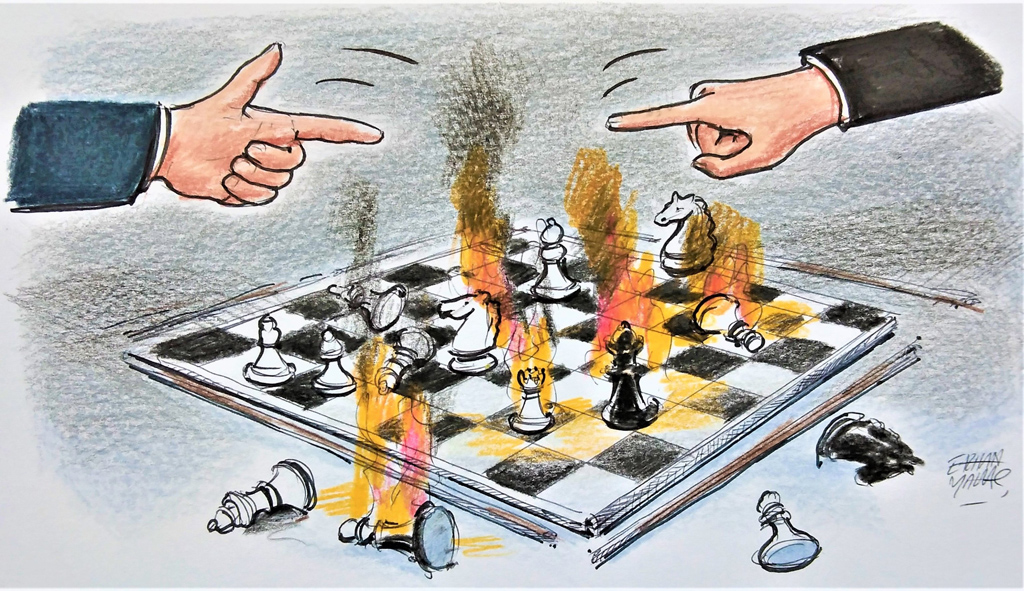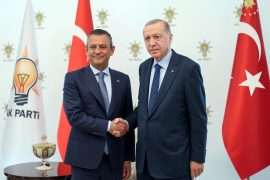United Arab Emirates (UAE)
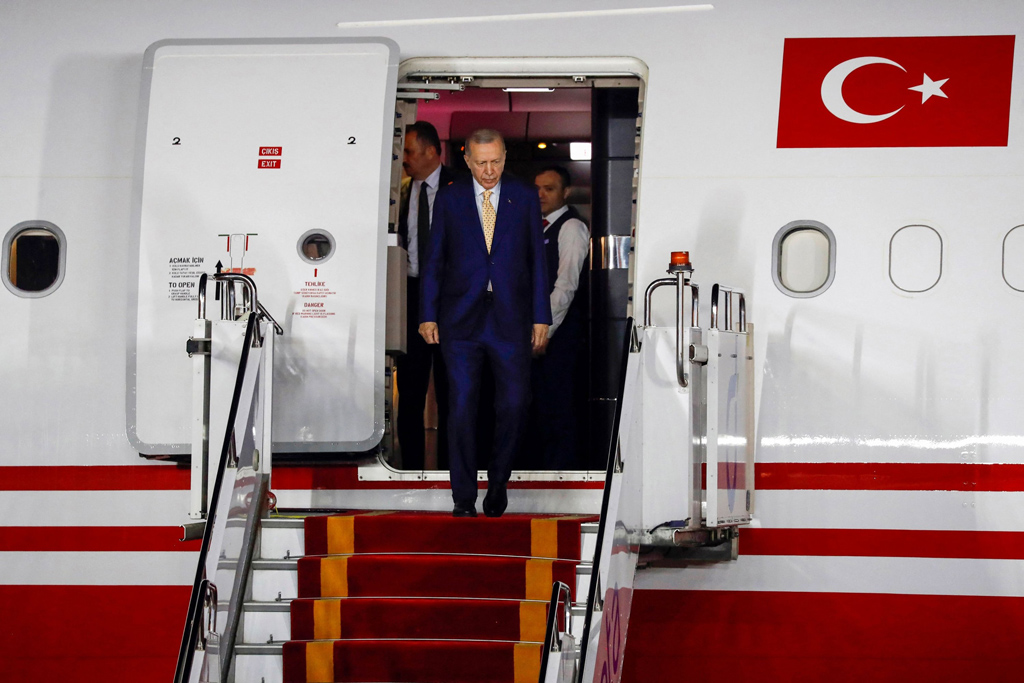
Erdoğan’s landmark visit to Iraq
| OpinionPresident Recep Tayyip Erdoğan’s recent visit to Iraq could mark the beginning of a new …
-
Opinion
Erdoğan’s landmark visit to Iraq
By Murat YeşiltaşPresident Recep Tayyip Erdoğan’s recent visit to Iraq could mark the beginning of a new chapter in the longstanding relationship between Türkiye and Iraq. During his visit to Baghdad, Türkiye and Iraq signed a strategic framework agreement that addresses a variety of issues, ranging from security to economic cooperation. This agreement represents the culmination of nearly a year of productive high-level discussions between the two countries. Furthermore, President Erdoğan’s first visit to Iraq since 2011 has established new connections between Türkiye, Iraq, the United Arab Emirates (UAE) and Qatar, enhancing the region’s geo-economic landscape.
-
Opinion
A fresh start in Türkiye-Iraq relations
By Burhanettin DuranUnder the strategic framework agreement for joint cooperation, which the two countries inked in Baghdad, their bilateral relations have been elevated to the level of strategic partnership with a “qualitative leap.” The Turkish and Iraqi governments created a road map for future cooperation. Their commitment to solving problems and elevating their cooperation to the highest level rests on the “win-win” principle. Accordingly, the Turkish delegation, which included eight Cabinet ministers, focused on a broad range of issues, including counterterrorism, cross-border waters, security, the defense industry, trade, health care, communication, education, energy and transportation.
-
Opinion
Turning point in Türkiye-Iraq relations
By Muhittin AtamanPresident Recep Tayyip Erdoğan paid an official one-day visit to Iraq on Monday. He was accompanied by a large delegation, including Foreign Minister Hakan Fidan, Interior Minister Ali Yerlikaya, Defense Minister Yaşar Güler, Trade Minister Ömer Bolat, Energy Minister Alpaslan Bayraktar, Minister of Transportation and Infrastructure Abdülkadir Uraloğlu, Minister of Agriculture and Forestry Ibrahim Yumaklı and Minister of Industry and Technology Fatih Kacır. Many high-ranking Turkish officials also accompanied President Erdoğan.
Bu Konuda Daha Fazla
-
Who benefits from controlled proxy conflict?
By Burhanettin DuranThe Middle East rang in the new year with assassinations and terror attacks. Saleh al-Arouri, the deputy leader of Hamas' political bureau, was assassinated in Beirut last Tuesday. The following day, two bombings in Kirman, Iran (for which Daesh has claimed responsibility) killed 103 people. As those attacks shifted everyone’s attention to Israel, Iran and Hezbollah pledged to exact “revenge and a heavy price.”
-
Recalibrating Türkiye-Gulf relations
By Muhittin AtamanAs a reaction to certain regional and global developments, a large-scale normalization process was initiated in the Middle East at the beginning of 2020. As part of this normalization, Türkiye and the Gulf states normalized their relations three years ago to increase their autonomy and effectiveness in international politics.
-
Türkiye is rising actor in the Gulf
By Burhanettin DuranDeepening Türkiye’s ties with those three Gulf states in trade, defense, technology, communication and security amounts to more than just reciprocal investments. After all, Türkiye has been gaining influence over the balance of power in that region. The country now seeks to form strategic alliances with Riyadh and Abu Dhabi – as it did with Doha several years ago. It is also possible for other Gulf states to become part of that trend.
-
New chapter in Turkish-Gulf ties beyond normalization
By Burhanettin DuranPresident Recep Tayyip Erdoğan visited Jeddah, Saudi Arabia, on Monday as part of his tour of the Gulf states. Over the course of four days, he will visit Saudi Arabia, Qatar, the United Arab Emirates (UAE) and the Turkish Republic of Northern Cyprus (TRNC) with a focus on investments and commercial relations. However, it is possible to argue that Erdoğan’s trip goes beyond strictly economic relations and marks the beginning of a new chapter in Türkiye’s relations with the Gulf.
-
Sudanese crisis: A new front of ‘preventive proxy war’
By Muhittin AtamanConsidering the devastating effects of new-generation weapons, global powers cannot launch direct wars against each other. Therefore, they prefer to engage in indirect battles, as the two superpowers, the United States and the Soviet Union, did during the Cold War. Their proxies fight each other; they control the tide of the war from behind closed doors by procuring military equipment and by providing economic and financial assistance to wage war.
